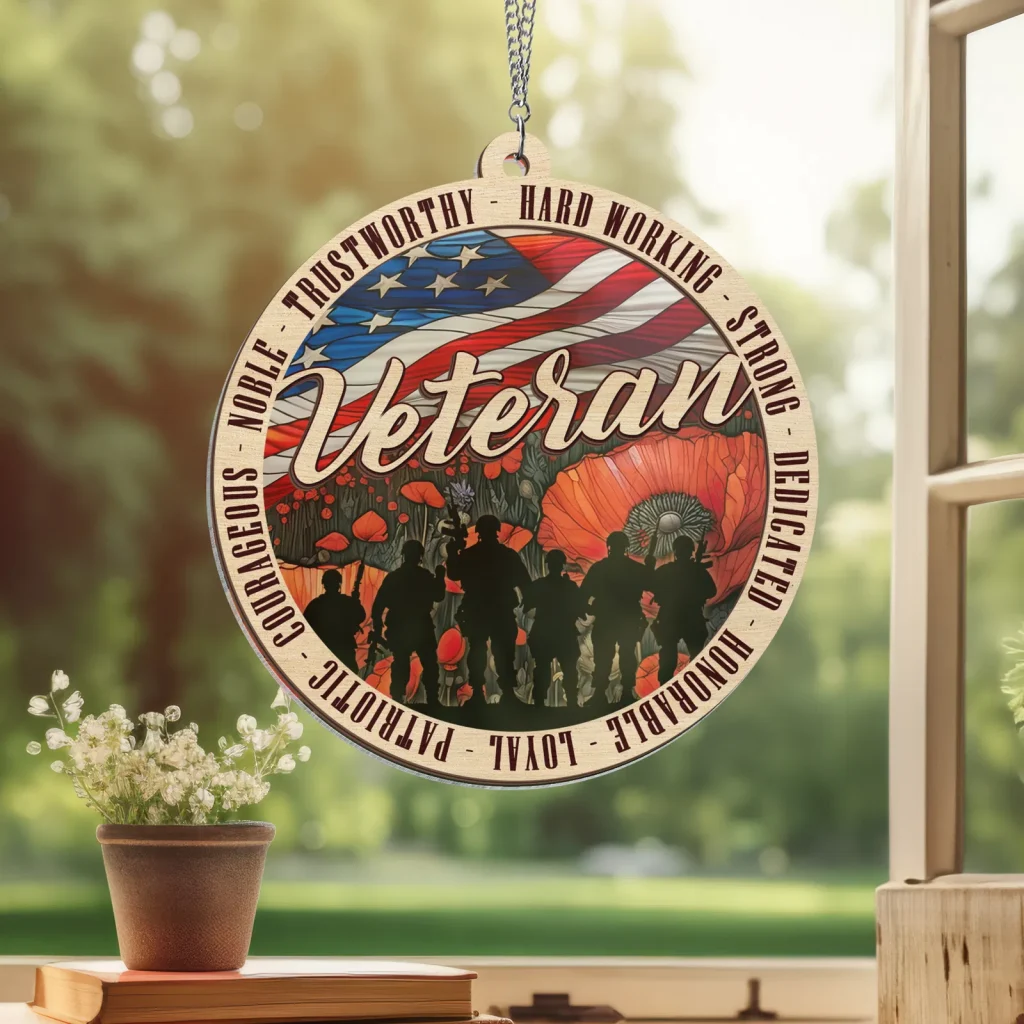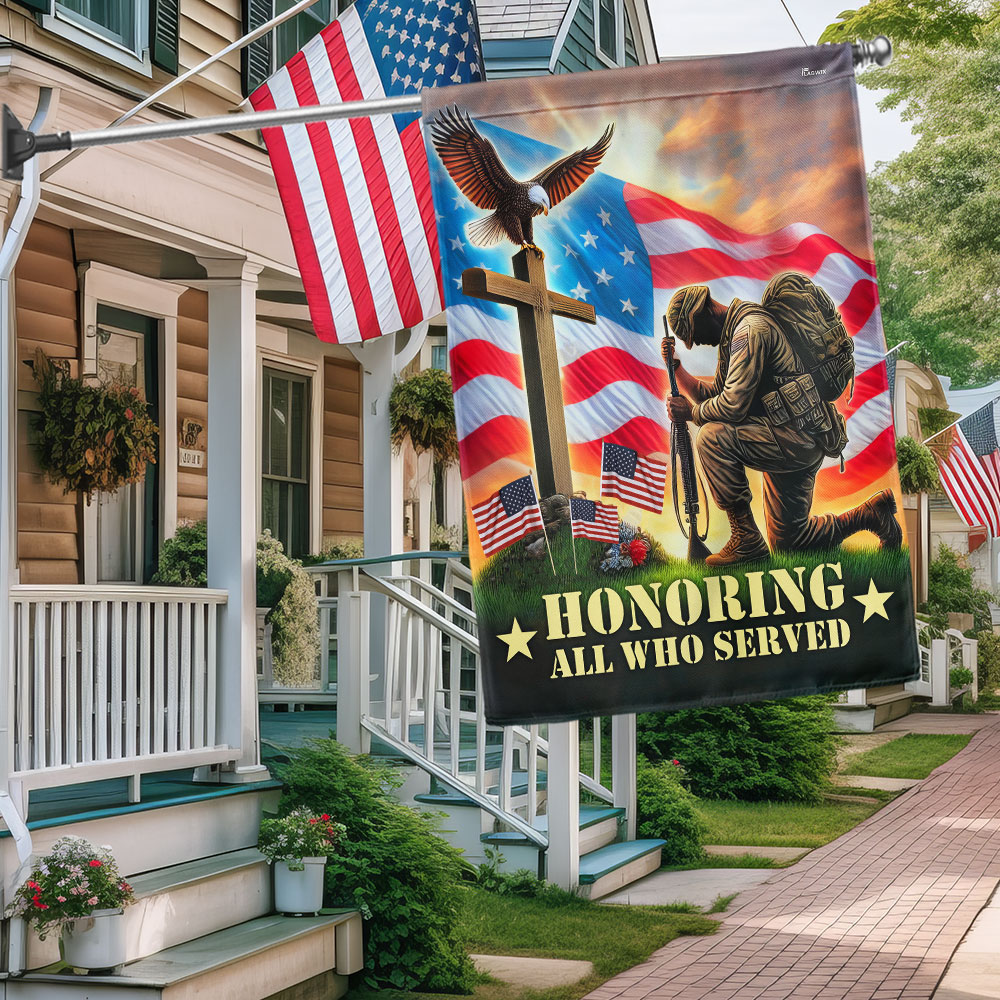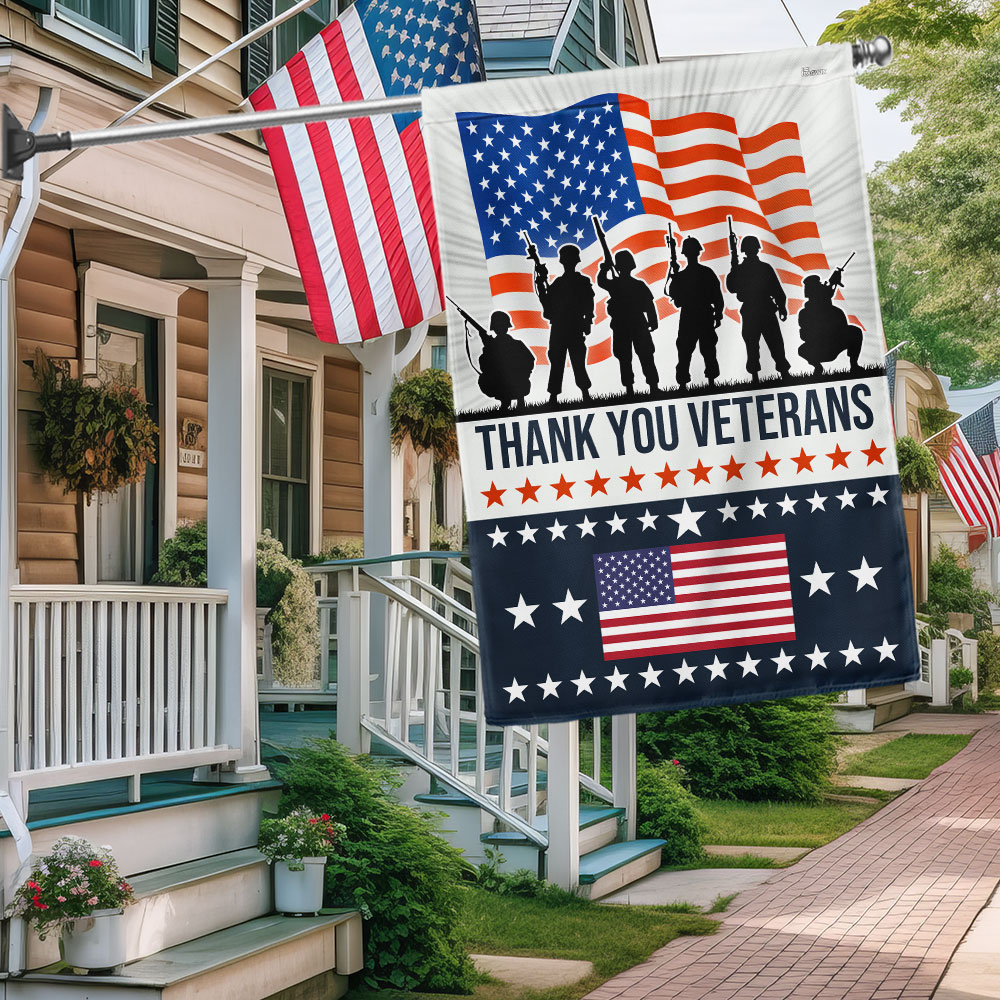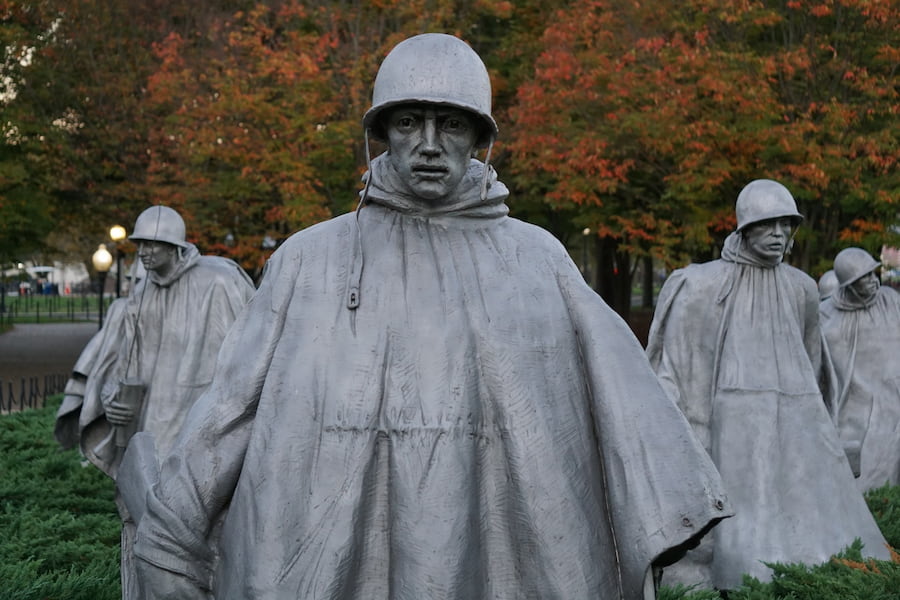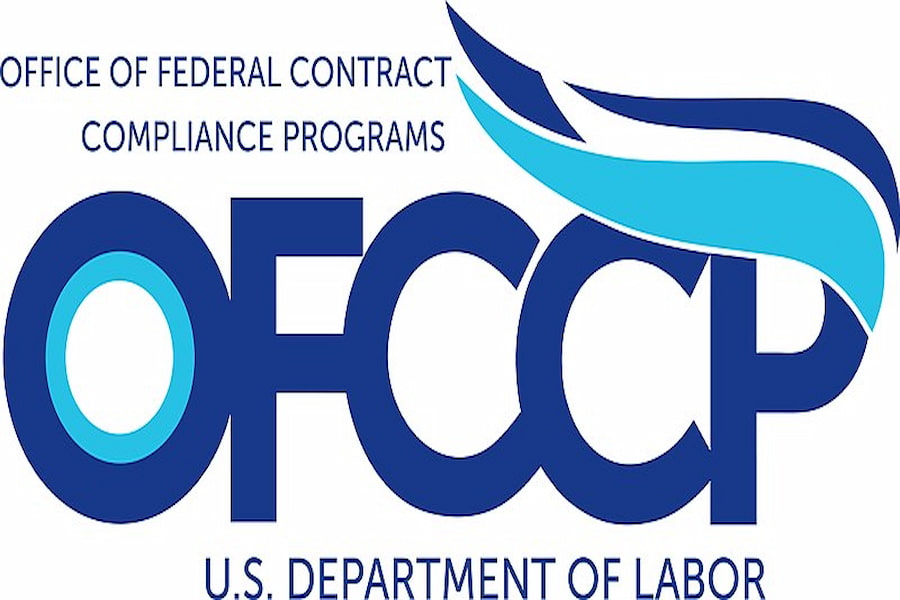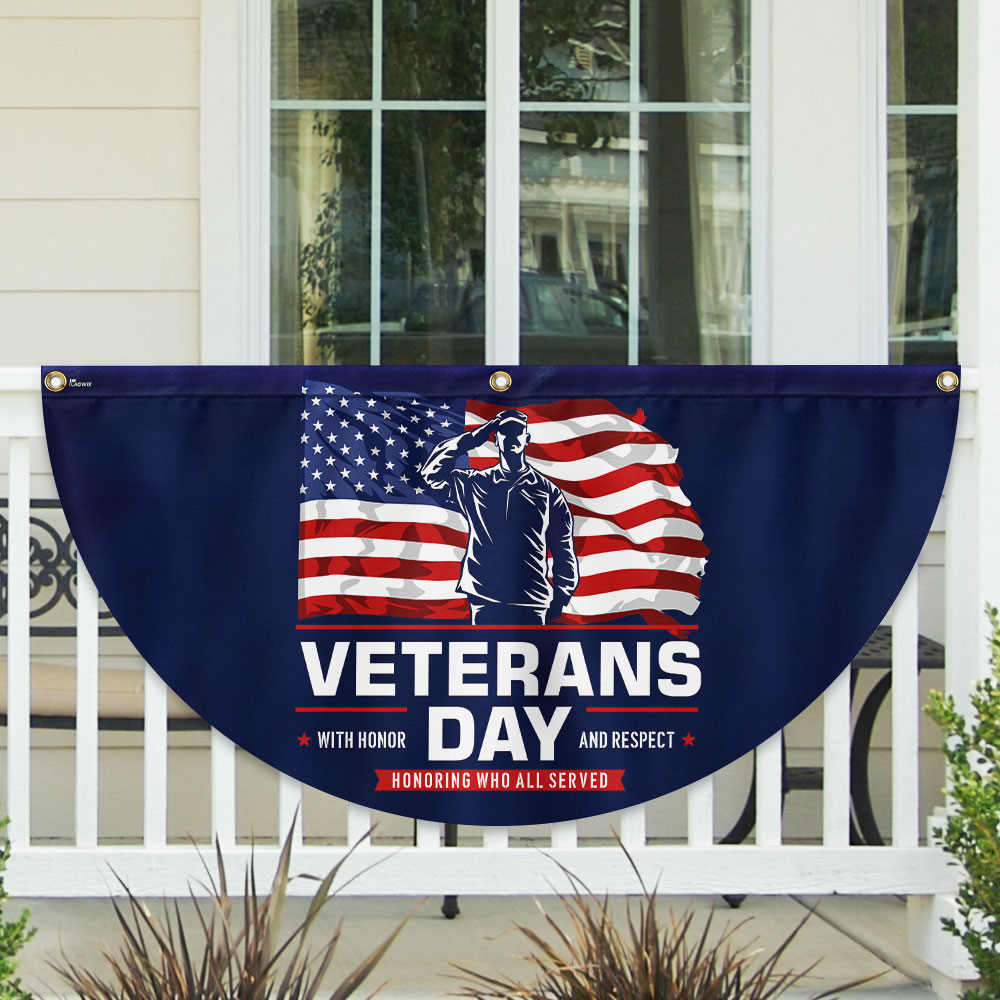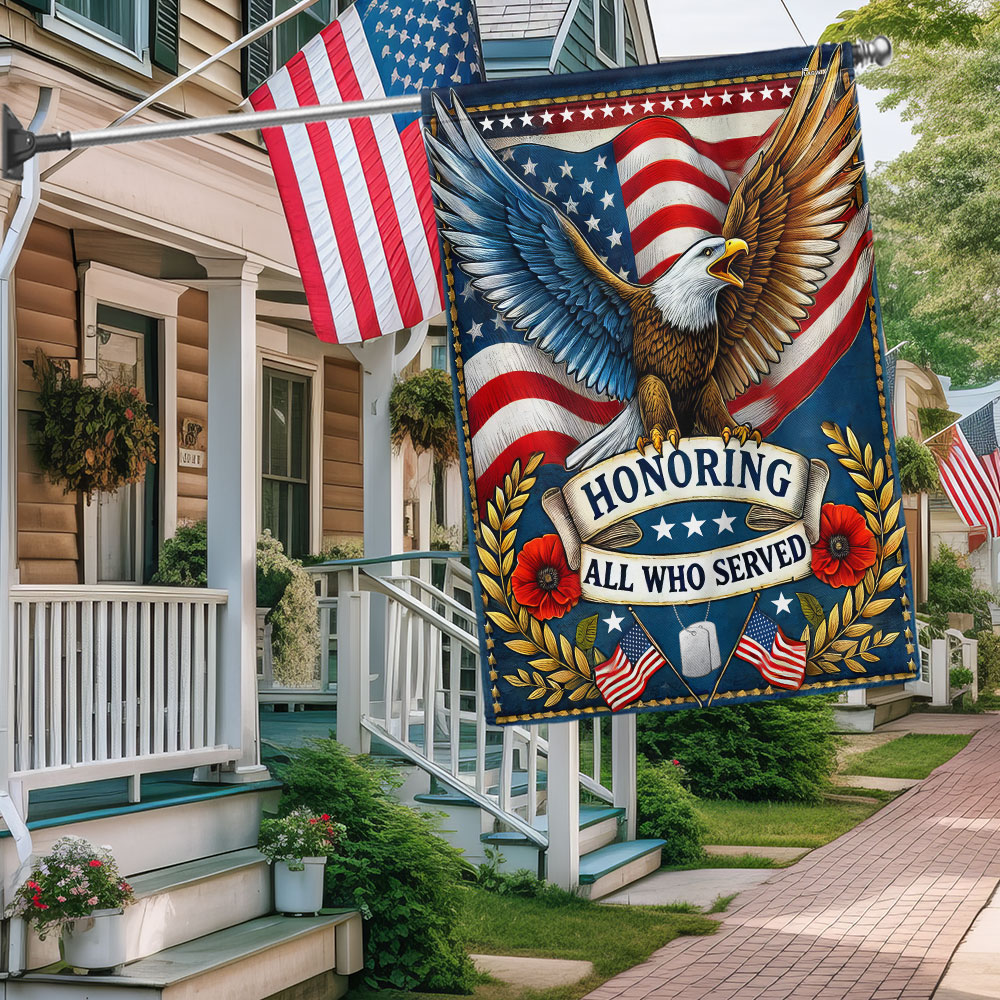
I have dedicated my career to unraveling the captivating stories behind these symbolic emblems. With a deep fascination for history, culture, and symbolism, I explore the stories behind each flag, weaving together narratives that celebrate their uniqueness and global significance. Join me on this enthralling journey to uncover the mysteries and intricacies of flags from around the world.
